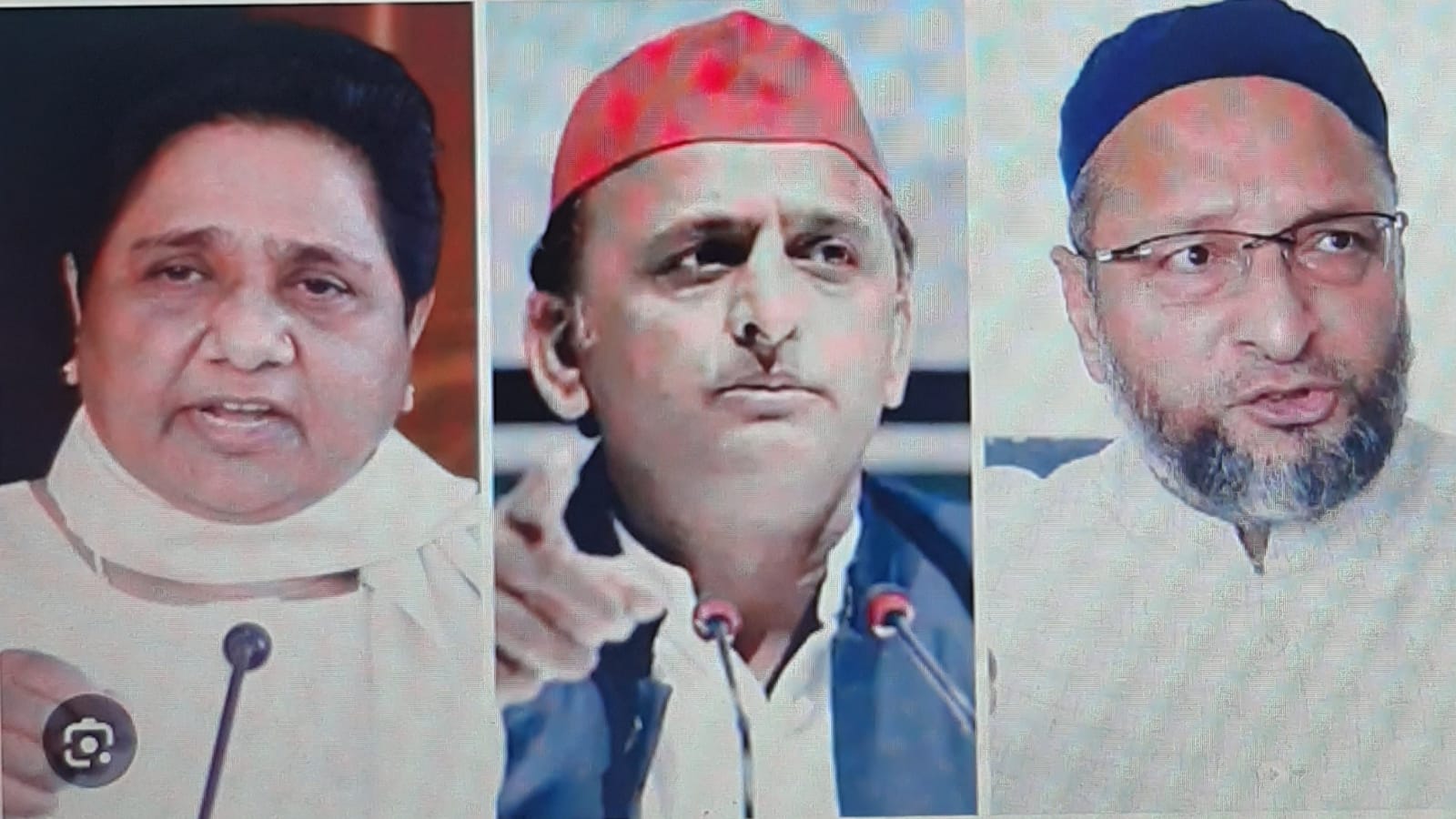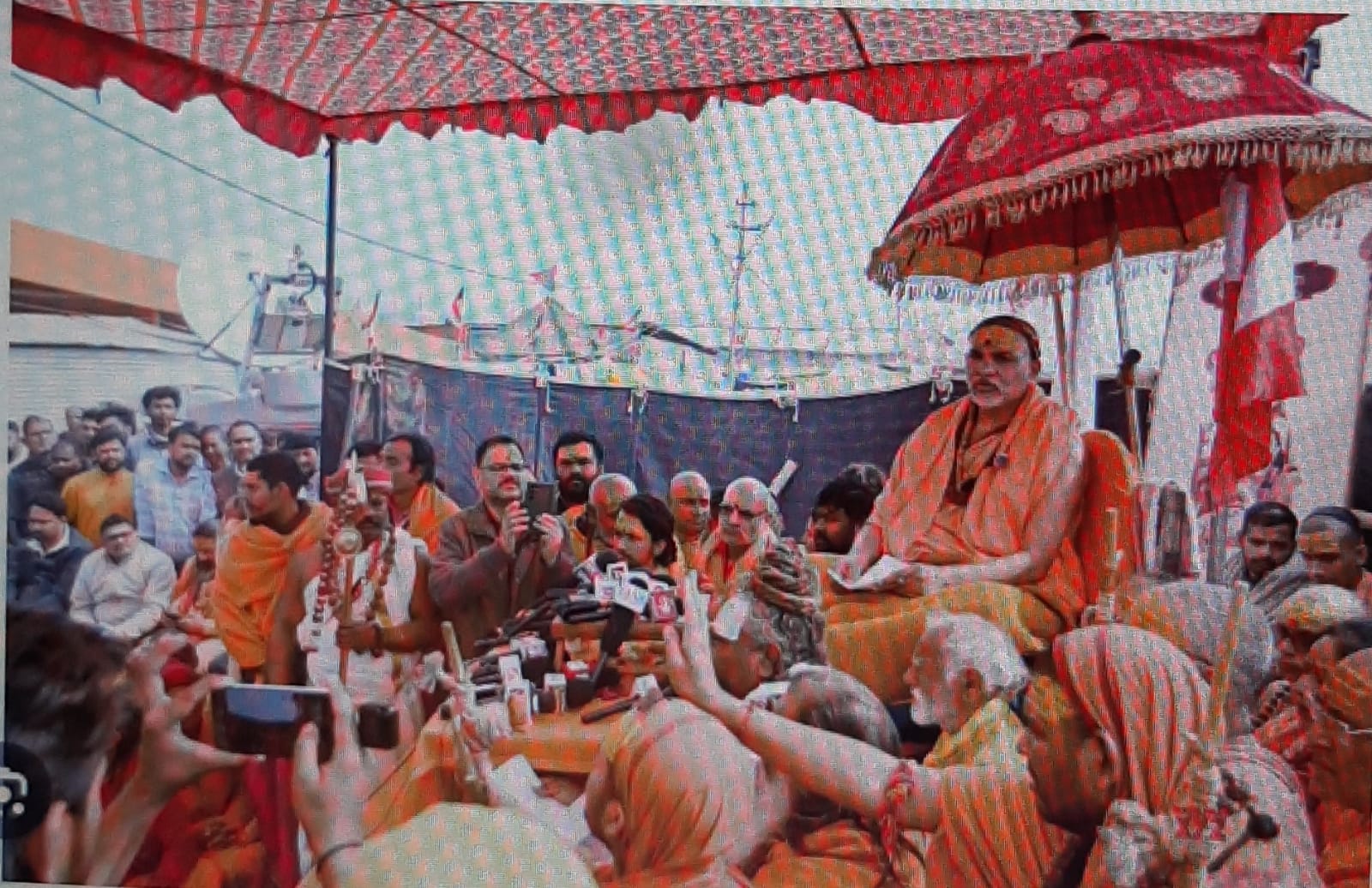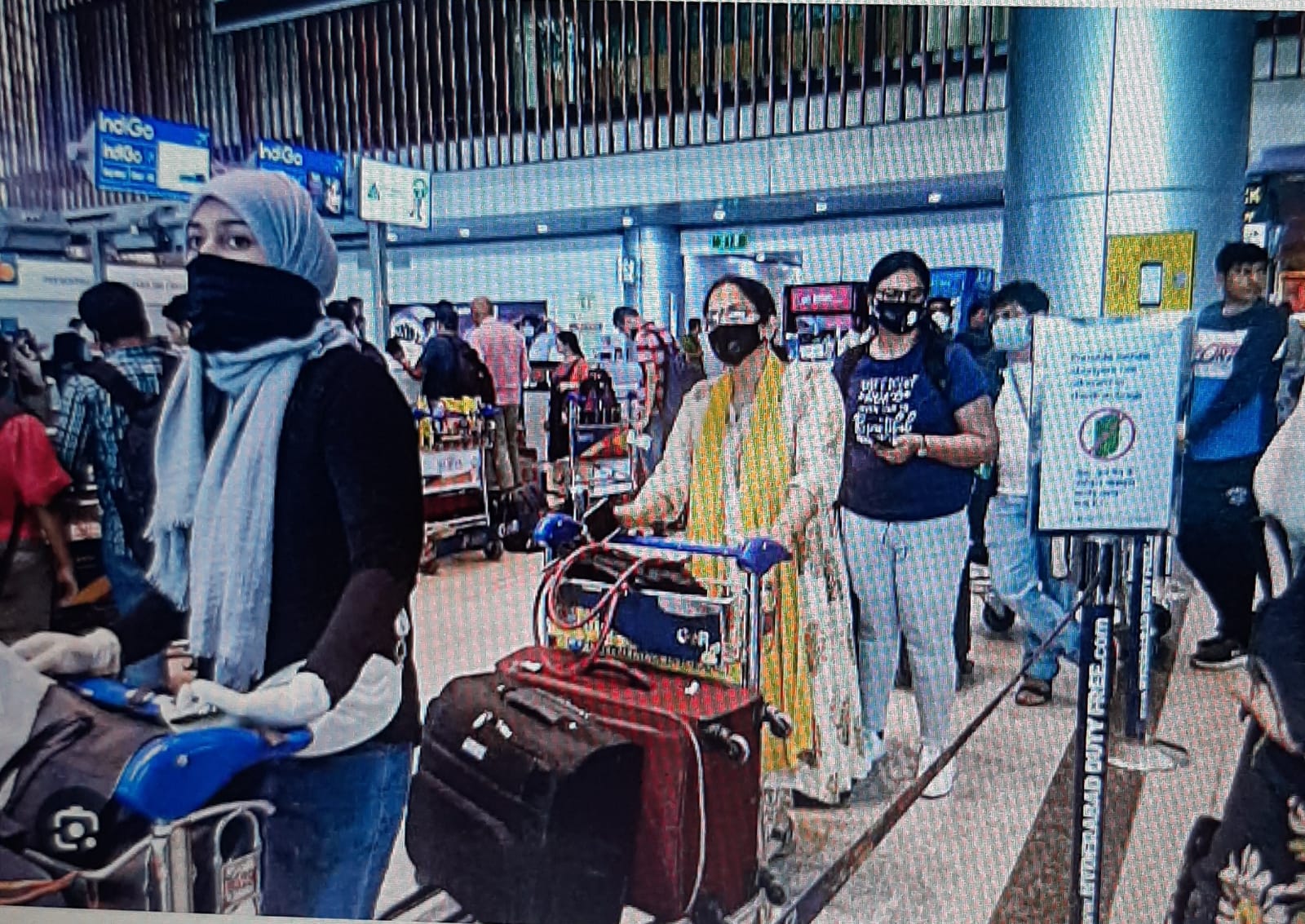
The question is why the system doesn’t tolerate honest and fearless people and prefers cowards, corrupt and supine? The problem of politics and governance lies in solving this conundrum. The day moral conduct and action gets upper hand in systems anywhere, most of the problems faced by people will vanish, this is the age-old thesis propounded by all sages, religions, philosophers and thinkers across the globe, writes former IAS officer V.S.Pandey
Soon the current phase of elections in Bihar will be over, some party and their candidates will rejoice and others will moan and blame the current rotten political landscape. Public, as usual will be divided, some will clap, others disappointed, but both realising in their hearts that nothing is going to change, it will be business as usual again with corruption pervading every nook and corner of governance. But, as it is proclaimed, rightly so, the dance of democracy must continue and we need to keep dancing with the latest tune created, crafted fully, by our ruling class. This is not only true for our country but true for human civilisation from the beginning. The most unfortunate part of human history has been that since the beginning of state apparatus, cowards, sycophants, corrupt and people devoid of morals have consistently been part of ruling brigade for centuries across all governments of all the nations. Why is it so, is not difficult to decipher, The famous mathematician and philosopher Burtrand Russel, not long back, wrote “…Wherever organization exists, cowardice will be found more advantageous than courage. Of the men at the head of businesses, schools, lunatic asylums, and the like, nine out of ten will prefer the supple lickspittle to the outspoken man of independent judgement.”
He was spot on exposing the political culture and the culture prevalent in such other organisations and said “In politics it is necessary to profess the party programme and flatter the leaders; in the navy it is necessary to profess antiquated views on naval strategy; in the army it is necessary to maintain a medieval outlook on everything; in journalism wage slaves have to use their brains to give expression to the opinions of millionaires; in education professors lose their jobs if they do not respect the prejudices of the illiterate.”
He had very succinctly predicted the consequences of these state of affairs and wrote “the result of this state of affairs is that in practically every walk of life the men who come to the top have served a long apprenticeship in cowardice, while the honest and courageous have to be sought for in workhouses and prisons.”
Regrettably we are faced with these tendencies overwhelmingly more today with consequences which are totally adverse to people’s expectations. Any system of governance devoid of truth and morality is bound to bring misery to people whom they govern. This all pervading governance culture has brought innumerable misery to billions of people across countries on this planet.
The question is why the system doesn’t tolerate honest and fearless people and prefers cowards, corrupt and supine? The problem of politics and governance lies in solving this conundrum. The day moral conduct and action gets upper hand in systems anywhere, most of the problems faced by people will vanish, this is the age-old thesis propounded by all sages, religions, philosophers and thinkers across the globe.
According to Bertrand Russell “the modern world, owing to industrialism, requires social cooperation more than it was required in any earlier stage in the world’s history. Now there are three reasons for which you may cooperate with a man: because you love him, because you fear him, or because you hope to share the swag. These three motives are of differing importance in different regions of human cooperation: the first govern procreation, and the third governs politics. But the ordinary everyday business of government, whether in the state or in any other social institution depends upon fear. A collection of fearless men would be ungovernable. The Vikings were men whom the King of Norway found ungovernable; they left Norway because they would not submit themselves to his sway. After a few centuries of adventure, they became peasants in the frozen valleys of Iceland.
Every one has the free will to choose the path he wants to follow. As the famous French philosopher Sartre had said-“ we are our choices” , certainly everyone needs to introspect and confront the question of making choices for himself or herself.
And in this regard the profound advice of Russell to people of all hue and color is “…To those, therefore, whose ambition it is to die in the odour of sanctity, respected by bank managers, admired by friends and neighbours, and universally regarded as models of what a citizen should be, my advice is: don’t express your own opinions but those of your boss; don’t endeavour to realize ends which you yourself think good, but pursue rather those aimed at by some organization supported by millionaires; in your private friendships select influential men if you can, or, failing that, men whom you judge likely to become influential. Do this, and you will win the good opinion of all the best elements in the community.
This is sound advice, but, for my part, I would sooner die than follow it.”
( Vijay Shankar Pandey is former Secretary Government of India)









